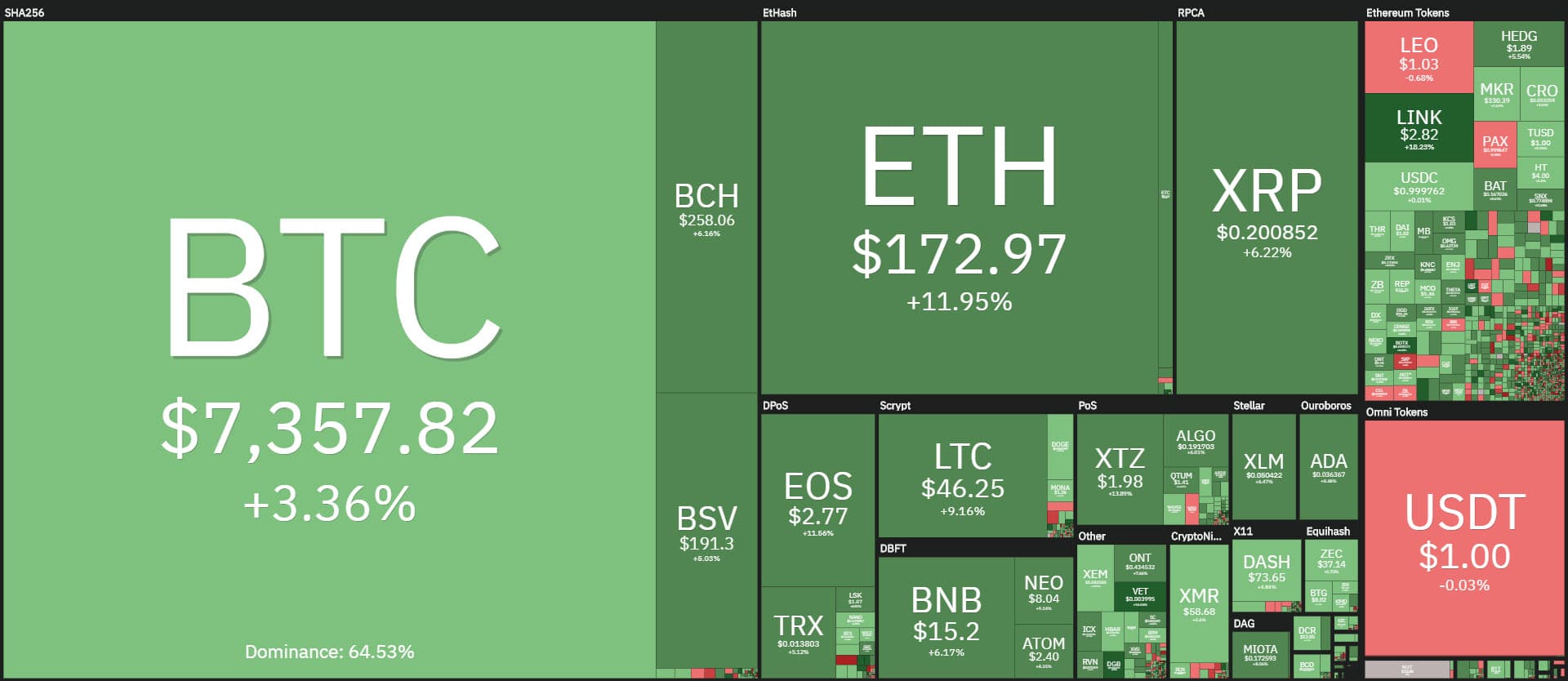What are all the cryptocurrencies
The term digital currency refers to a form of currency that is available only in digital or electronic form. It is also called digital money, electronic money, electronic currency, or cybercash https://growseeds.info/. This means that there is no physical form. As such, it cannot be handled, stored, or manipulated. Consumers and businesses can use digital currencies to execute transactions and trades. These currencies may not be used by all countries or communities.
Central bank digital currencies (CBDCs) are regulated digital currencies issued by the central bank of a country. A CBDC can be a supplement or a replacement for a traditional fiat currency. Unlike fiat currency, which exists in both physical and digital form, a CBDC exists purely in digital form. England, Sweden, and Uruguay are a few of the nations that are considering plans to launch a digital version of their native fiat currencies.
Digital currencies also enable instant transactions that can be seamlessly executed across borders. For instance, someone in the United States may make payments to a counterparty in Singapore using digital currency, provided they are both connected to the same network.
We all want immediate transactions, but it’s not possible every time. For example, when it comes to Bitcoins, if you trade them, they will be available at the very same moment. The same goes for sending them to your friends. But, for those who are mining through their super-powerful computers, it’s not that easy. They may need to wait for a little until the transaction is completed, and that can be a little frustrating. In the blockchain, there are just 7 transactions per second, and compared to the other currencies, that’s far less than 20, 50, or even 2000 transactions per second. But, on the other hand, you should be aware that Bitcoin money transfer is covered with a few layers of protection and encryption, and that’s why it may be much slower than the other currencies.
Most digital currencies are created by issuing them on Ethereum or another blockchain capable of running smart contracts. The issuer must first decide how many tokens to issue, and any special rules that limit transactions or ownership. Once these choices are coded into the smart contract, the issuer pays a small amount of cryptocurrency to pay for the computational cost of issuing the tokens.
Are all cryptocurrencies based on blockchain
Cryptography is the second component. This is the process of encrypting data and changing it to an unreadable format that only someone who knows the secret key can read or decrypt. This technology, which uses a complex public and private digital key system, safeguards cryptocurrencies like Bitcoin.
Even if you make your deposit during business hours, the transaction can still take one to three days to verify due to the sheer volume of transactions that banks need to settle. Blockchain, on the other hand, never sleeps.

Cryptography is the second component. This is the process of encrypting data and changing it to an unreadable format that only someone who knows the secret key can read or decrypt. This technology, which uses a complex public and private digital key system, safeguards cryptocurrencies like Bitcoin.
Even if you make your deposit during business hours, the transaction can still take one to three days to verify due to the sheer volume of transactions that banks need to settle. Blockchain, on the other hand, never sleeps.
The decentralized nature of the blockchain network ensures that no single entity controls the system, allowing for a secure and transparent system that supports the cryptocurrency network. Blockchain provides the infrastructure that supports the cryptocurrency network, ensuring the integrity and accuracy of all transactions.
Cryptocurrency is only the tip of the iceberg. Use cases for blockchain are expanding rapidly beyond person-to-person exchanges, especially as blockchain is paired with other emerging technologies. Examples of other blockchain use cases include the following:
Value of all cryptocurrencies
Yes! It is completely legal to use cryptocurrency such as Bitcoin. Individuals are allowed to use which currency they want as long as both parties agree on the same means of payment. However, there are countries that have indirectly or partially prohibited cryptocurrency. The reason for this varies, but generally, the government wants more control over the financial market. Here is a list of all countries’ laws about Bitcoin.
(At the bottom of this page you will find frequently asked questions and answers. For example, we answer the questions: Is cryptocurrency legal? Why do Bitcoin have value? How do I buy cryptocurrency? Which exchange has the lowest fees?)
Each of our coin data pages has a graph that shows both the current and historic price information for the coin or token. Normally, the graph starts at the launch of the asset, but it is possible to select specific to and from dates to customize the chart to your own needs. These charts and their information are free to visitors of our website. The most experienced and professional traders often choose to use the best crypto API on the market. Our API enables millions of calls to track current prices and to also investigate historic prices and is used by some of the largest crypto exchanges and financial institutions in the world. CoinMarketCap also provides data about the most successful traders for you to monitor. We also provide data about the latest trending cryptos and trending DEX pairs.

Yes! It is completely legal to use cryptocurrency such as Bitcoin. Individuals are allowed to use which currency they want as long as both parties agree on the same means of payment. However, there are countries that have indirectly or partially prohibited cryptocurrency. The reason for this varies, but generally, the government wants more control over the financial market. Here is a list of all countries’ laws about Bitcoin.
(At the bottom of this page you will find frequently asked questions and answers. For example, we answer the questions: Is cryptocurrency legal? Why do Bitcoin have value? How do I buy cryptocurrency? Which exchange has the lowest fees?)
Each of our coin data pages has a graph that shows both the current and historic price information for the coin or token. Normally, the graph starts at the launch of the asset, but it is possible to select specific to and from dates to customize the chart to your own needs. These charts and their information are free to visitors of our website. The most experienced and professional traders often choose to use the best crypto API on the market. Our API enables millions of calls to track current prices and to also investigate historic prices and is used by some of the largest crypto exchanges and financial institutions in the world. CoinMarketCap also provides data about the most successful traders for you to monitor. We also provide data about the latest trending cryptos and trending DEX pairs.
